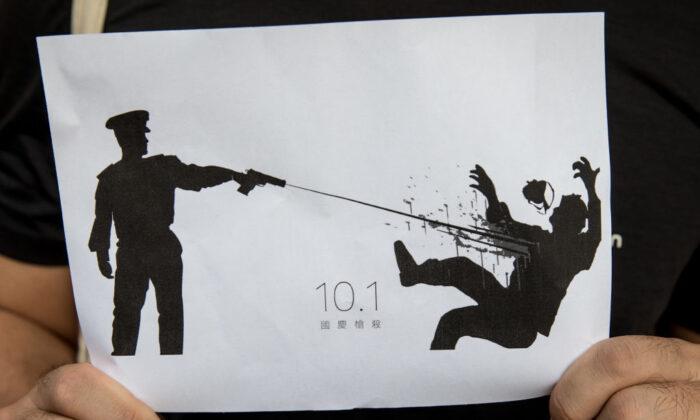It is the first global-scale investigation on how some governments grind down democracies and influence diaspora and exiles who live beyond their sovereignty.
The 31 origin states include Azerbaijan, Bahrain, Bhutan, Burundi, Cambodia, China, Egypt, Equatorial Guinea, Ethiopia, India, Iran, Kazakhstan, Kyrgyzstan, Laos, Libya, Nicaragua, North Korea, Pakistan, Russia, Rwanda, Saudi Arabia, South Sudan, Sudan, Tajikistan, Thailand, Turkey, Turkmenistan, United Arab Emirates, Uzbekistan, Vietnam, and Venezuela.
Of the 31 states that engage in the physical methods of repression, at least 26 also use nonphysical, “everyday” tools, including digital threats, spyware, and coercion by proxy, such as the imprisonment of exiles’ families.
An estimated 3.5 million people worldwide are targeted for assault on a daily bases—including in democracies like Canada, the United States, the UK, and Australia.
Six countries—China, Russia, Rwanda, Saudi Arabia, Iran, and Canada’s NATO ally Turkey—are responsible for “aggressive” operations, including employing the use of physical attacks or secondary tactics of intimidation and coercion in diaspora communities around the world.
The report says China conducts “the most sophisticated, global, and comprehensive campaign of transnational repression in the world.” Its tactics are marked with three distinctive characteristics. First, China targets multiple ethnical and religious groups, such as Falun Gong practitioners, Uyghur Muslims, and Tibetans, which totals in hundreds of thousands globally.
Adherents of Falun Gong, a spiritual meditation based on the tenets of truthfulness, compassion, and tolerance, have faced constant reprisal from China and its agents.

In October 2019, Sun sudden suddenly died of kidney failure in Indonesia. Some colleagues consider his death suspicious, but no autopsy was performed.
Freedom House’s report states that some Uyghurs who have sought sanctuary in Canada have not found it.
“The family of a Uyghur woman in Canada is put in a labour camp in China; when they are released, they call and warn their exiled daughter to keep quiet as a Chinese official looks on,” the report states.
The report also notes that Tibetans in the United States and Canada have been subjected to “intimidation and espionage by Chinese agents,'” including by a New York City police officer of Tibetan descent who was arrested in September 2020 for working with Chinese officials to spy on the Tibetan community.
“The case resembles recent incidents of surveillance and intimidation of Tibetans in Sweden, Switzerland, and Canada. The same top-shelf spyware used against Uighurs has also been used in campaigns against Tibetans,” the report says.
The CCP’s intimidation extends beyond the government to a network of proxy entities called “anti-cult'” associations, including Chinese student groups in Canada. The proxies have taken part in harassment and physical attacks against CCP critics and members of religious ethnic minorities.





